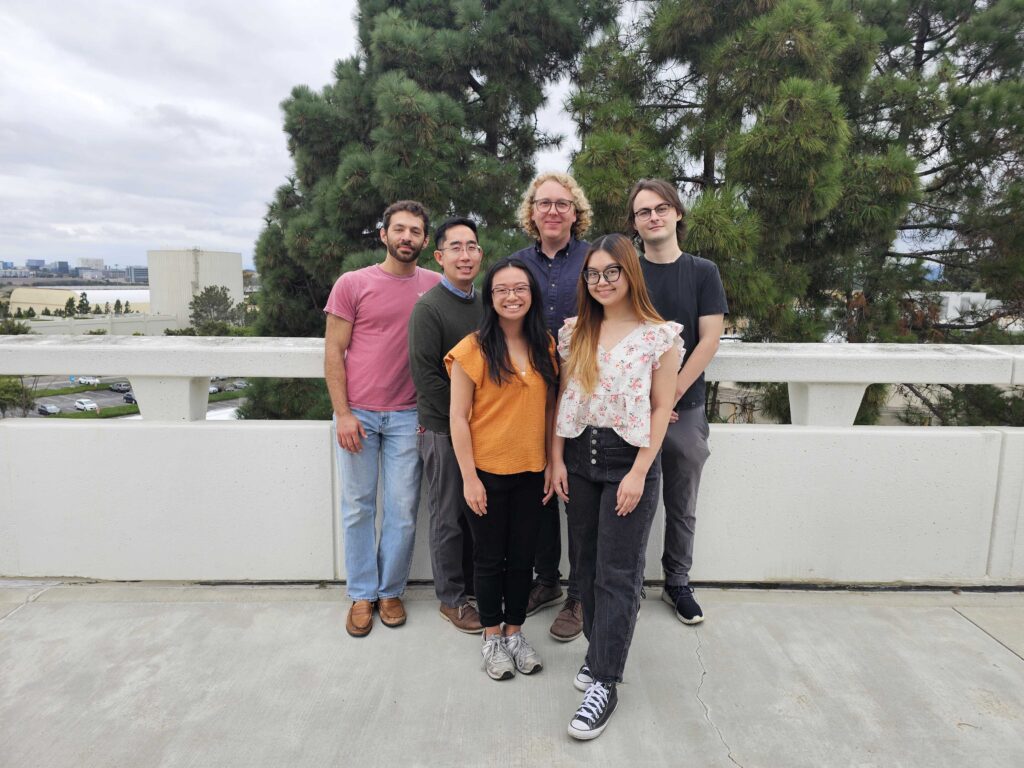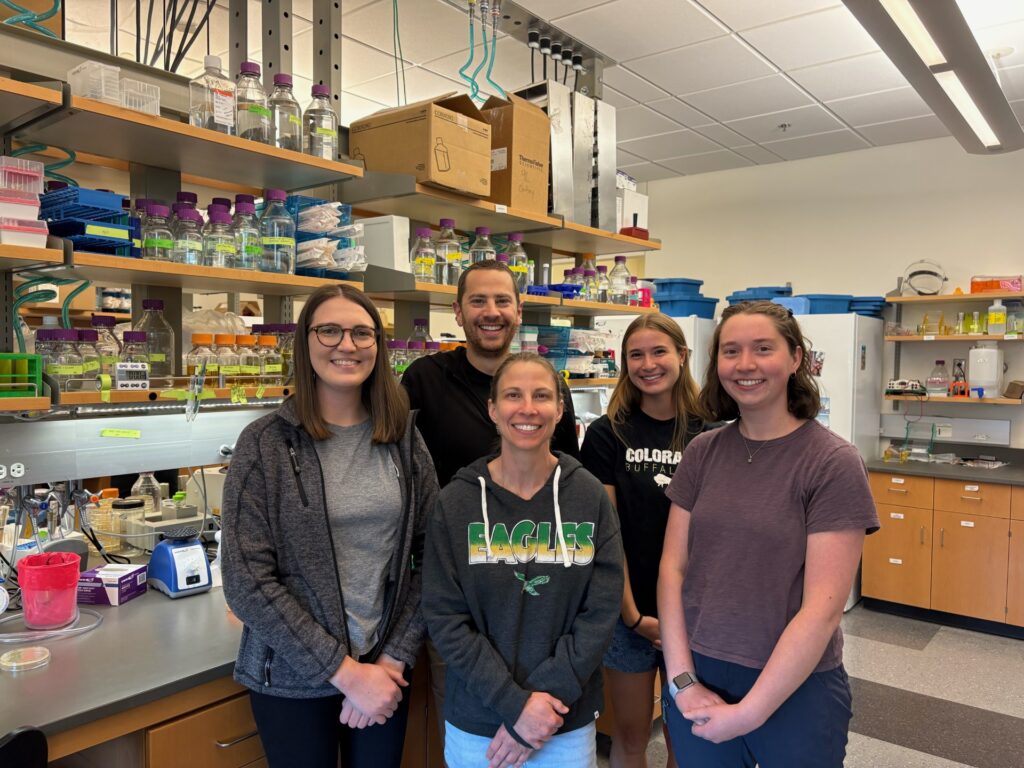Irvine, Calif., October 1, 2025 — Viruses that prey on bacteria — known as bacteriophages, or simply phages — are among the most numerous and persistent threats in nature. For billions of years, bacteria and phages have been locked in a microscopic arms race, with each side evolving new ways to outsmart the other. Understanding this struggle matters not only for microbiology, but also for human health, agriculture and biotechnology, since phages can disrupt everything from the balance of the human microbiome to global food systems.
Now, researchers at the University of California, Irvine Charlie Dunlop School of Biological Sciences, together with colleagues at the University of Colorado Boulder, have uncovered a new bacterial immune system called Panoptes — named after the all-seeing giant of Greek mythology — that gives bacteria a powerful way to defend themselves. Their findings were recently published in Nature.
Unlike typical defenses, which bacteria use to directly detect invading viruses, Panoptes takes a different approach. It works like a clever decoy. When a virus tries to hijack a bacterial cell by interfering with the cell’s internal signals, Panoptes flips the script: it senses this interference and launches a counterattack, effectively turning the virus’s trick against itself. This innovation gives bacteria a fighting chance against phages that would otherwise overwhelm them.
Assistant Professor Benjamin Morehouse, co-corresponding author of the study, explained the broader significance: “Our research opens up the possibility that unrecognized human immune pathways may be able to similarly detect viral immune evasion in this manner. From the bacterial immune system perspective, we are also curious, and no doubt will discover, if viruses have evolved strategies that allow them to overcome or evade Panoptes as well. The arms race between viruses and their hosts is ongoing.”
The discovery is also sparking excitement for its potential applications beyond bacteria. Assistant Professor Aaron Whiteley, the study’s other co-corresponding author, highlighted how this work may ripple into biotechnology and medicine. “We found that bacteria are using previously unappreciated enzymes to make cyclic nucleotides, a class of molecules that can activate the human immune system. This could help explain why some bacteria in the microbiome can impact human physiology. It also paves the way for biotechnology using these newly described enzymes to redirect the human immune system. To this end, the University of Colorado Boulder and University of California, Irvine have filed a patent on the application of our findings.”
The implications are wide-ranging. From creating new ways to harness the microbiome for health, to developing advanced tools for fighting infectious disease, to strengthening global food security by protecting beneficial bacteria, Panoptes represents a major step forward in our understanding of how life defends itself at the smallest scales.
The study is a reminder that even the tiniest organisms have much to teach us about survival. As research continues, scientists hope discoveries like Panoptes will not only deepen our understanding of biology but also inspire new strategies to safeguard human health and the environment.
About the University of California, Irvine Charlie Dunlop School of Biological Sciences:
Recognized for its pioneering research and academic excellence, the Charlie Dunlop School of Biological Sciences plays a crucial role in the university’s status among the nation’s top 10 public universities, as ranked by U.S. News & World Report. It offers a broad spectrum of degree programs in the biological sciences, fostering innovation and preparing students for leadership in research, education, medicine and industry. Nestled in a globally acclaimed and economically vibrant community, the school contributes to the university’s impact as Orange County’s largest employer and a significant economic contributor. Through its commitment to exploring life’s complexities, the Dunlop School embodies the UC Irvine legacy of innovation and societal impact. For more on the Charlie Dunlop School of Biological Sciences, visit https://www.bio.uci.edu/.


